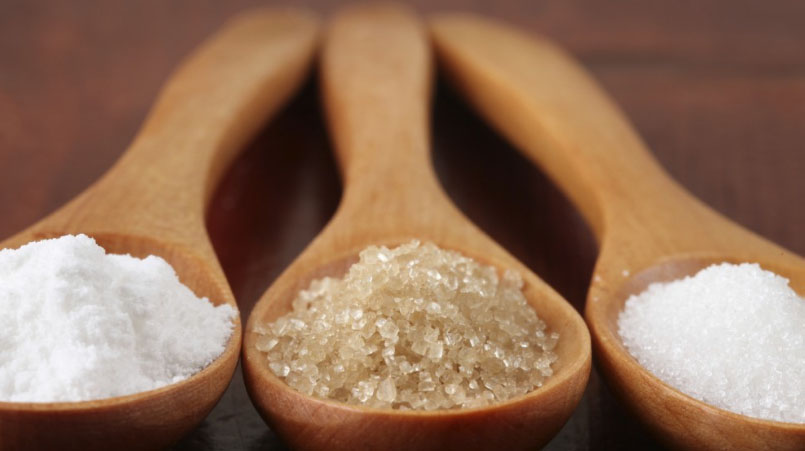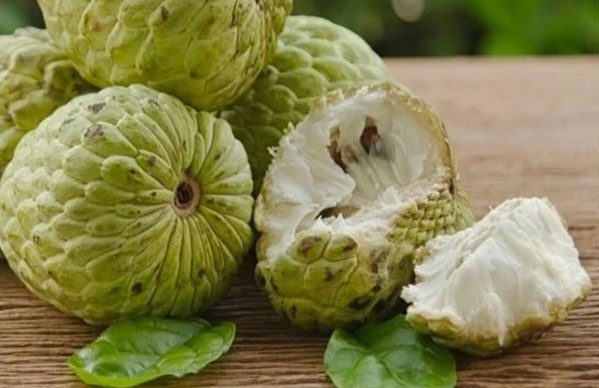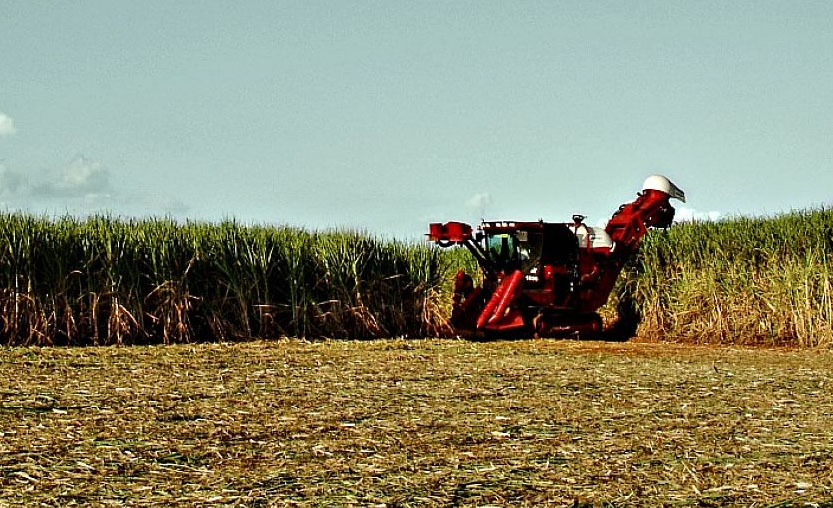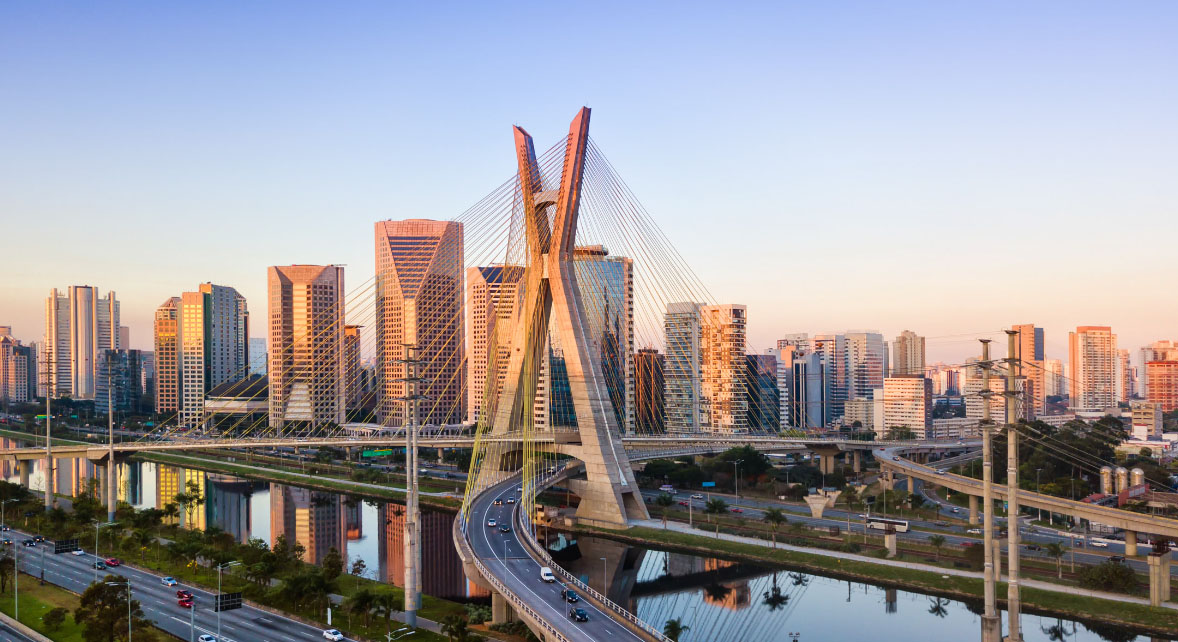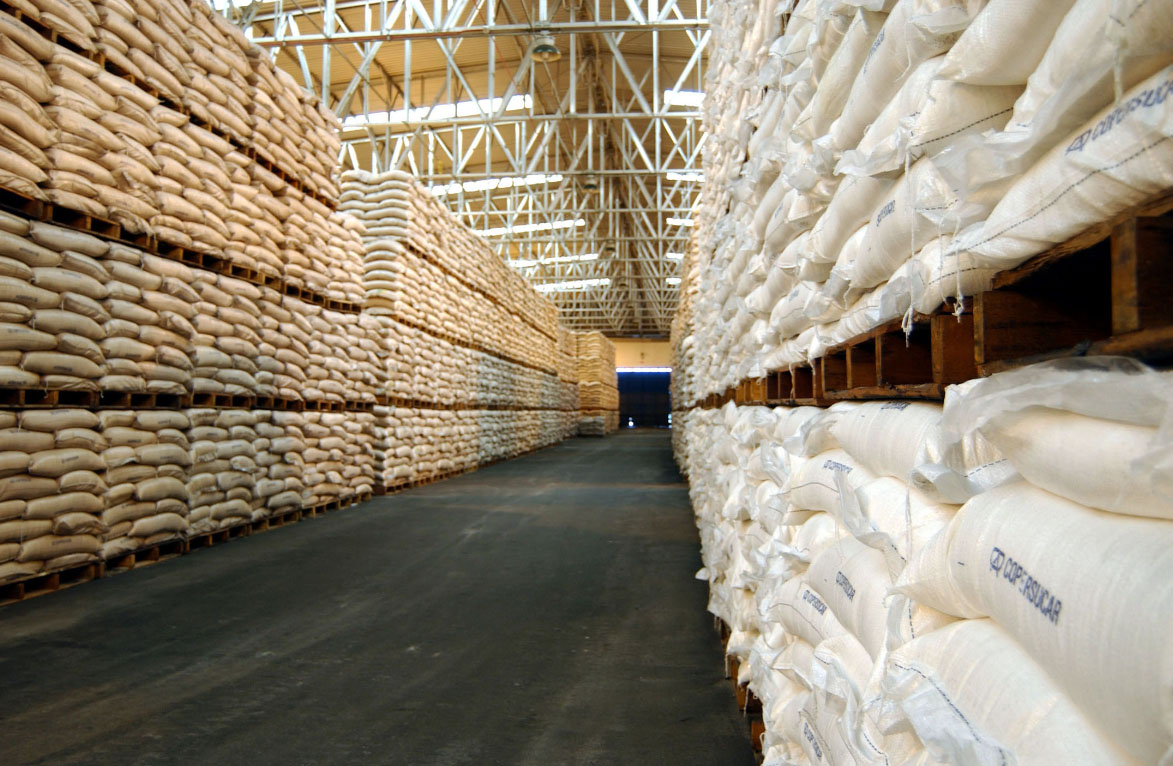Sugar, the
universal sweetener, comes in various forms and qualities from around the
world. Brazilian sugar stands out as a prime example of excellence in sugar
production. In this blog post, we will explore the world of Brazilian sugar,
its exceptional quality, sustainable practices, versatility, and why it has
earned a reputation as one of the finest sugars globally.
Brazilian
Sugar: A Brief Overview
Brazil,
known for its vast sugarcane fields and thriving sugar industry, is a major
player in the global sugar market. The country has a long history of sugar
production, dating back to the colonial era when sugarcane plantations were
established along its fertile coastal regions. Today, Brazilian sugar is
celebrated not only for its quality but also for its commitment to
sustainability and responsible farming practices.
Types of
Brazilian Sugar
Brazil
produces a variety of sugar types, each with its own distinct characteristics:
Crystal
Sugar: This is the most common type of sugar produced in Brazil. It has a fine,
crystalline texture and is often used for everyday sweetening purposes.
Refined
Sugar: Refined sugar undergoes additional processing to remove impurities,
resulting in a whiter and more uniform product. It is often preferred for
baking and confectionery.
Demerara
Sugar: This less-refined sugar has a natural golden hue and a slightly
caramelized flavor, making it a favorite for beverages and desserts.
Muscovado
Sugar: Muscovado is the least processed type of sugar and retains its natural
molasses content. It has a rich, dark color and a strong, distinctive flavor,
making it popular in certain culinary applications.
Sustainable
Sugarcane Farming
One of the
remarkable aspects of Brazilian sugar production is its commitment to
sustainable farming practices. Many sugar producers in Brazil prioritize
environmental responsibility and social sustainability. They implement
eco-friendly techniques, such as reduced water usage, efficient energy
production, and waste recycling. Sustainable sugarcane farming not only
benefits the environment but also contributes to the overall quality of the
sugar produced.
Global
Significance
Brazil is a
key player in the global sugar market, consistently ranking among the top sugar
producers and exporters. Brazilian sugar is sought after for its high quality,
versatility, and competitive pricing. It is used not only for direct
consumption but also as a primary ingredient in various industries, including
food and beverage, pharmaceuticals, and biofuels.
Conclusion
Brazilian
sugar is more than just a sweetener; it’s a symbol of excellence in sugar
production. Its exceptional quality, commitment to sustainability, and versatility
make it a highly regarded product worldwide. As Brazil continues to lead in
sugar production, its sugar industry remains a shining example of how
tradition, innovation, and responsibility can come together to create a sweet
success story. Whether you’re using it in your morning coffee or in a complex
dessert recipe, Brazilian sugar adds a touch of excellence to every sweet
indulgence.

